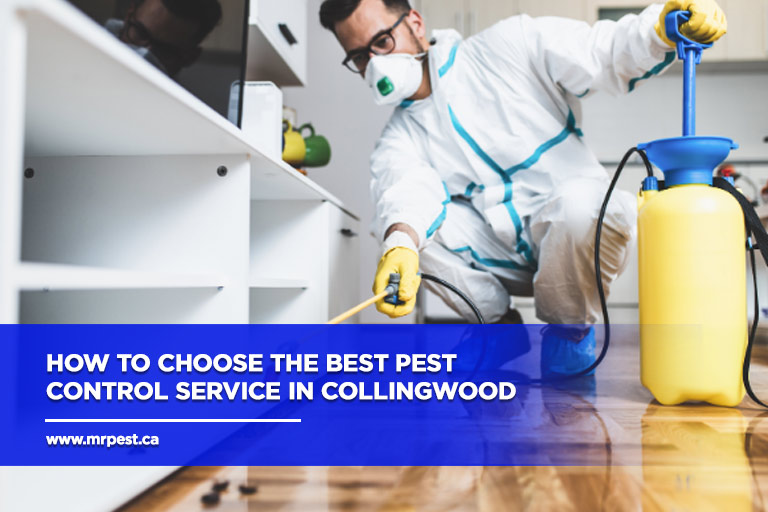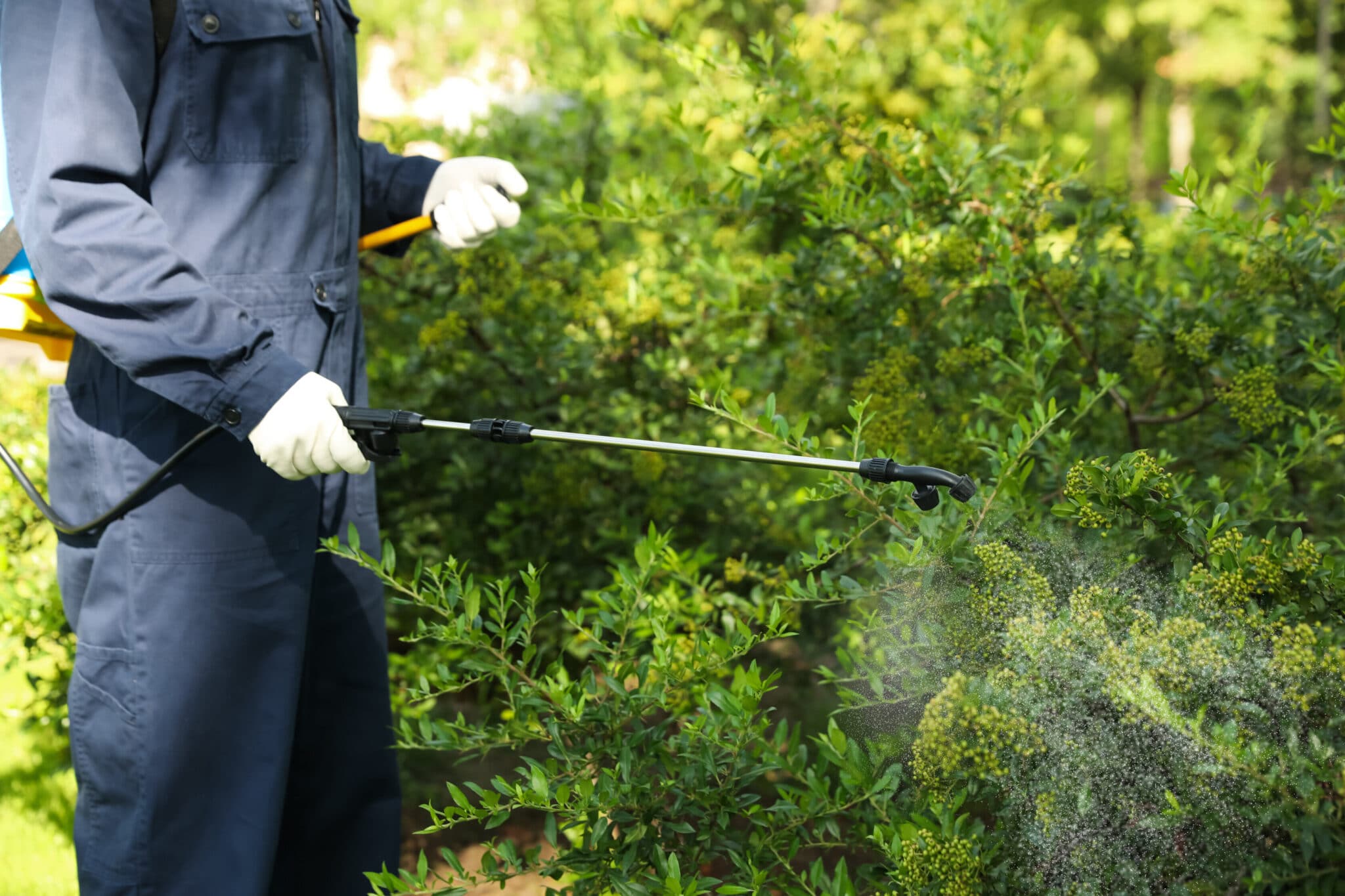Find the Best Exterminator Coquitlam for Fast and Reliable Pest Control
Safe and Trusted Insect Control for Lasting Security
Reliable insect administration calls for a diverse strategy that stabilizes environmental honesty with the demand for effective insect reductions. The subtleties of these approaches may not be instantly clear, prompting a closer exam of the practices that can lead to lasting pest control outcomes.
Recognizing Parasite Control Techniques
Pest control incorporates a range of approaches aimed at managing and removing unwanted bugs and rats that can threaten both wellness and building. Comprehending these methods is important for efficient parasite administration.
The primary categories of parasite control techniques consist of mechanical, organic, and chemical approaches. Mechanical approaches involve physical barriers and catches to protect against parasite access and capture unwanted types. Utilizing displays on home windows or employing sticky catches can dramatically reduce pest populations without presenting damaging compounds - exterminator coquitlam.

Chemical bug control is often one of the most acknowledged method, using pesticides to get rid of pests. These chemicals can be efficient but have to be utilized with caution to avoid unfavorable effects on non-target species and the environment.
Benefits of Eco-Friendly Solutions
Just how can environment-friendly options change pest control practices? The fostering of green bug control methods offers many advantages, considerably boosting the efficiency and security of insect monitoring (exterminator coquitlam). First of all, these options use natural active ingredients, minimizing the dependence on unsafe chemicals that can present threats to human health and the atmosphere. This change not only protects family members and family pets but additionally minimizes the potential for soil and water contamination.

Another benefit is the favorable effect on local biodiversity. Eco-friendly solutions are created to target details parasites while preserving helpful pests and wildlife, promoting a well balanced community. This approach lines up with the growing consumer demand for lasting techniques, enhancing the credibility of insect control companies.
Integrated Parasite Management Strategies
The execution of environmentally friendly services naturally brings about the fostering of Integrated Pest Monitoring (IPM) strategies, which even more boost parasite control efficiency. IPM is an all natural technique that integrates numerous methods to handle bug populations while minimizing environmental impact. This approach stresses the use of organic, social, mechanical, and chemical controls, making sure a well balanced and lasting approach of pest management.
One fundamental facet of IPM is the detailed evaluation of bug task and ecological conditions. By keeping an eye on insect populaces and determining their life process, experts can carry out targeted interventions that disrupt the pest's habitat or lifecycle, reducing see here now dependence on chemical pesticides. Furthermore, cultural methods such as plant rotation and environment adjustment can substantially decrease pest facility and reproduction.
Another crucial element is using biological control representatives, such as useful bugs or microorganisms, which can normally subdue parasite populations. When chemical applications are required, IPM prioritizes using low-risk pesticides and uses them uniquely, reducing direct exposure to non-target organisms and humans.
Integrating IPM methods not only enhances bug control performance yet likewise promotes a much safer environment, lining up with the growing need for sustainable techniques in insect management.
Safe Practices for House Owners
Understanding the relevance of risk-free techniques in pest control can equip homeowners to properly manage parasite concerns while securing their health and the environment. Applying preventative measures and safe techniques is crucial in decreasing exposure to damaging chemicals.
Homeowners should first assess their environment for problems that attract bugs, such as standing water, mess, and food waste. On a regular basis cleaning and securing entry points can discourage parasites from invading the home. Utilizing natural deterrents, such as crucial oils or diatomaceous earth, can give efficient options to chemical pesticides.
When chemical treatments are needed, house owners ought to go with items that are particularly identified as secure for property usage. It is crucial to comply with application guidelines diligently to avoid too much exposure. In addition, making use of targeted treatments in areas where parasites are identified, instead than covering spraying, can significantly decrease chemical use.
Finally, maintaining open communication with insect control specialists is important. Homeowners should ask about the security of items made use of and demand eco-friendly choices whenever feasible. By adopting these safe techniques, home owners can produce a healthier living environment while effectively taking care of pest issues.

Tips for Long-Term Protection
Establishing a pest management approach that emphasizes lasting defense can considerably improve the efficiency of the risk-free techniques previously reviewed. To attain this, homeowners need to implement routine assessments of their home, concentrating on hidden areas such as attic rooms, basements, and crawl areas. Early detection of pest activity is vital in protecting against infestations from taking hold.
These methods decrease attractants that attract insects into the home. Securing entrance factors, such as splits around doors and home windows, can successfully block possible bug gain access to.
Landscaping should likewise be considered; keeping plants cut and preserving a distance between plant life and the home decreases hiding places for insects. Utilizing all-natural deterrents, such as vital oils or diatomaceous earth, can better prevent invasions without turning to severe chemicals.
Lastly, teaming up with an expert parasite control service for routine assessments can provide an extra layer of safety and security. These professionals can provide tailored suggestions and progressed therapies, making sure that your home stays secured against parasites in the long-term.
Verdict
In this contact form verdict, safe and trustworthy parasite control needs a diverse strategy that highlights green techniques and integrated parasite monitoring. By applying all-natural deterrents, conducting my response regular inspections, and preserving appropriate hygiene, residential or commercial property proprietors can significantly reduce bug populations while shielding useful bugs and the setting. Cooperation with specialist parasite control services enhances the efficiency of these approaches, ensuring customized services that give enduring security and tranquility of mind versus future invasions.
Efficient parasite management calls for a diverse strategy that stabilizes eco-friendly integrity with the requirement for reliable parasite suppression. The adoption of eco-friendly bug control approaches offers various benefits, dramatically enhancing the performance and safety of parasite monitoring.The execution of environmentally friendly remedies naturally leads to the adoption of Integrated Pest Management (IPM) methods, which even more improve bug control efficacy. exterminator coquitlam. By monitoring insect populations and determining their life cycles, experts can implement targeted interventions that interfere with the bug's habitat or lifecycle, decreasing reliance on chemical pesticides.In conclusion, reliable and safe insect control requires a complex strategy that highlights environment-friendly approaches and integrated parasite management